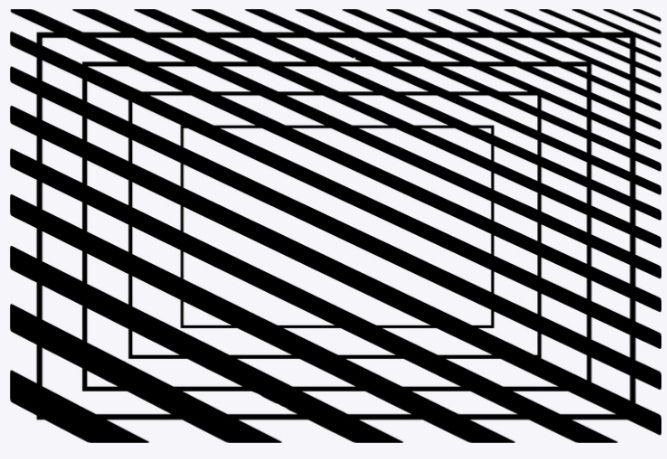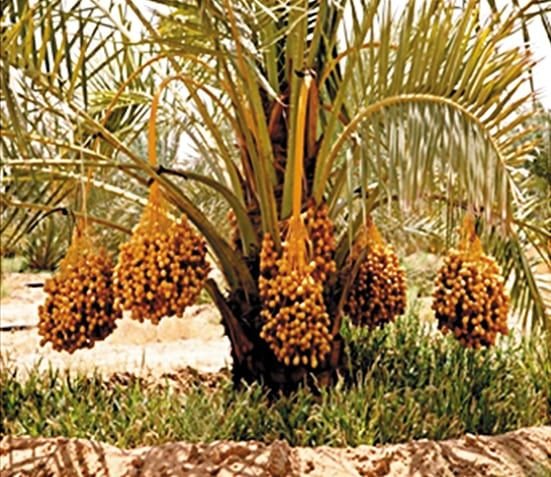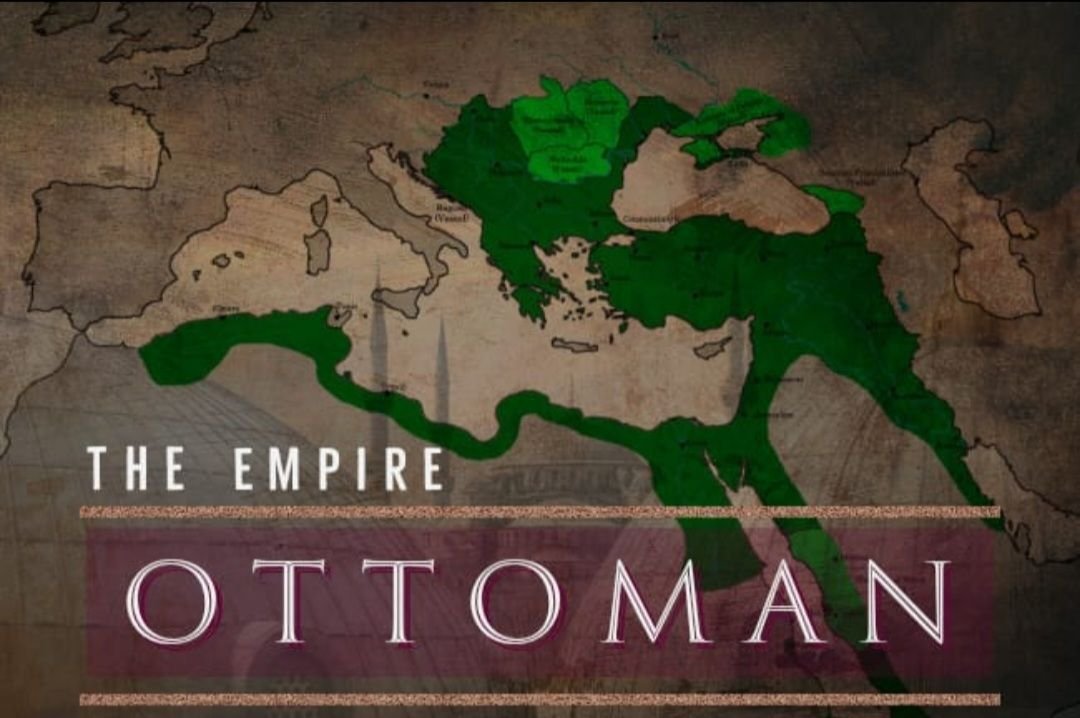A delusion of some American Evangelists concerning Gog and Magog
In The Name of Allah, The Most Merciful, The Bestower of Mercy.
Abu Huraira, may Allah be pleased with him, reported that Allah’s Messenger, peace and blessings of Allah be upon him, said: “Today the wall (barrier) of Gog and Magog has been opened so much”. (In order to explain it), Wuhaib made the figure of ninety with the help of his hand. [Sahih Muslim 2881]
Imam Abdul Aziz Bin Baz, may Allah have mercy upon him, was asked: Is the emergence of Gog and Magog one of the signs of the Day of Judgment?
Answer: Yes, it is one of its greatest signs, but is one of the first ten signs. After the Mahdi, Dajjal, and the descent of Jesus, Gog and Magog will emerge. They are the fourth sign, thus, during the era of the Messiah, son of Maryam, and the Dajjal, Gog and Magog will appear. [1] [end of quote]
Certain deluded individuals among American Evangelists – advocates of corrupt doctrines, altered and nullified scriptures – equate Russia and another geopolitical adversary with the figures of Gog and Magog. In fact, the assertions made by these individuals are merely a scheme to bolster the geopolitical aspirations of their politicians, aiming to rationalise conflict through distorted and abrogated scriptures. Only the infallible divine texts of the final revelation – the Qur’an and authentic Sunnah – should be given consideration regarding this matter.
Allah’s Messenger and what has been revealed to him are the authorities one must study in order to understand the subject of trials and tribulations before the end of time. As a result, one cannot return to the following matters: the narrations of the people of the Scripture (Jews and Christians), opinions and dreams, weak and false narrations, analogy, and political, economic, or socialist analysis. That is because the narrations about the trials and tribulations, the signs of the Hour, and the strife that will occur are from the (affairs) of the Religion, and the Religion is Tawqeefee (i.e. its source can only be established from the divine texts of the Qur’an and the authentic Sunnah). So, whatever is reported from the Prophet with authentic chains of transmission about (upcoming events) is necessary for a Muslim to believe, whether it appeals to the intellect or not, and this is the reality of one’s testimony that Muhammad is Allah’s Messenger.
Allah (The Most High) said:
وَمَا يَنْطِقُ عَنِ الْهَوَىٰ
إِنْ هُوَ إِلَّا وَحْيٌ يُوحَىٰ
Nor does he (Muhammad) speak of (his own) desire. It is only an Inspiration that is inspired. [An-Najm. 3]
Allah (The Most High) said:
وَمَا آتَاكُمُ الرَّسُولُ فَخُذُوهُ وَمَا نَهَاكُمْ عَنْهُ فَانْتَهُو
And whatsoever the Messenger (Muhammad) gives you, take it, and whatsoever he forbids you, abstain (from it)].[Al-Hashr. 7]
Umar [may Allah be pleased with him] reported: One day while we were sitting with Allah’s Messenger [peace and blessings of Allah be upon him] there appeared before us a man whose clothes were exceedingly white and whose hair was exceedingly black; no signs of journeying were to be seen on him and none of us knew him. He walked up and sat down by the prophet. Resting his knees against his and placing the palms of his hands on his thighs, he said: “O Muhammad, tell me about Islam”. The messenger of Allah said: “Islam is to testify that none has the right to be worshipped but Allah and Muhammad is the messenger of Allah, to perform the prayers, to pay the zakat, to fast in Ramadan, and to make the pilgrimage to the House if you are able to do so.” He said: “You have spoken rightly’’ And we were amazed at him asking him and saying that he had spoken rightly. He said: “Then tell me about Iman.”He said: ”It is to believe in Allah, His angels, His books, His messengers, and the Last Day, and to believe in divine destiny, both the good and the evil thereof.” He said: “You have spoken rightly”. He said: “Then tell me about Ihsan.” He said: “It is to worship Allah as though you are seeing Him, and while you see Him not yet truly He sees you”. He said: “Then tell me about the Hour”. He said: “The one questioned about it knows no better than the questioner.” He said: “Then tell me about its signs.” He said: “That the slave-girl will give birth to her mistress and that you will see the barefooted, naked, destitute herdsman competing in constructing lofty buildings.” Then he took himself off and I stayed for a time. Then he said: “O Umar, do you know who the questioner was?” I said: “Allah and His messenger know best”. He said: “He was Gibreel (Gabriel), who came to you to teach you your religion”. [Sahih Muslim. Kitaab al-Iman. Chapter: Imaan, Islaam and Ihsaan. Hadith Number: 8]
The testimony in this hadeeth is the statement of the Prophet, “He was Jibreel, who came to you to teach you your religion”. Therefore, the principle in the preceding hadeeth is that the Prophet asked a question concerning the Hour and its circumstances, and he established that it is something contained in religion. The trials and tribulations, circumstances, and strife associated with the (portents) of the Hour are from the religion, and it is not for anybody to speak about it based on their own (opinions, views, analysis, interpretations, etc.). [2]
Allah, The Most High, said:
وَمَا يَتَّبِعُ أَكْثَرُهُمْ إِلَّا ظَنًّا إِنَّ ٱلظَّنَّ لَا يُغْنِى مِنَ ٱلْحَقِّ شَيْـًٔا إِنَّ ٱللَّهَ عَلِيمٌۢ بِمَا يَفْعَلُونَ
And most of them follow nothing but conjecture. Certainly, conjecture can be of no avail against the truth. Surely, Allah is All-Aware of what they do. [Yunus 36]
وَإِن تُطِعْ أَكْثَرَ مَن فِى ٱلْأَرْضِ يُضِلُّوكَ عَن سَبِيلِ ٱللَّهِ إِن يَتَّبِعُونَ إِلَّا ٱلظَّنَّ وَإِنْ هُمْ إِلَّا يَخْرُصُونَ
And if you obey most of those on earth, they will mislead you far away from Allah’s Path. They follow nothing but conjectures, and they do nothing but lie. [Al-An’am 116]
وَمَا يَتَّبِعُ أَكْثَرُهُمْ إِلَّا ظَنًّا إِنَّ ٱلظَّنَّ لَا يُغْنِى مِنَ ٱلْحَقِّ شَيْـًٔا إِنَّ ٱللَّهَ عَلِيمٌۢ بِمَا يَفْعَلُونَ
And most of them follow nothing but conjecture. Certainly, conjecture can be of no avail against the truth. Surely, Allah is All-Aware of what they do. [Yunus 36]
أَلَآ إِنَّ لِلَّهِ مَن فِى ٱلسَّمَٰوَٰتِ وَمَن فِى ٱلْأَرْضِ وَمَا يَتَّبِعُ ٱلَّذِينَ يَدْعُونَ مِن دُونِ ٱللَّهِ شُرَكَآءَ إِن يَتَّبِعُونَ إِلَّا ٱلظَّنَّ وَإِنْ هُمْ إِلَّا يَخْرُصُونَ
No doubt! Verily, to Allah belongs whosoever is in the heavens and whosoever is in the earth. And those who worship and invoke others besides Allah, in fact they follow not the (Allah’s so-called) partners, they follow only a conjecture and they only invent lies. [Yunus 66]
وَمِنْهُمْ أُمِّيُّونَ لَا يَعْلَمُونَ ٱلْكِتَٰبَ إِلَّآ أَمَانِىَّ وَإِنْ هُمْ إِلَّا يَظُنُّونَ
And there are among them unlettered people, who know not the Book, but they trust upon false desires and they but guess. [Al-Baqarah 78]
Also read: https://abukhadeejah.com/dajjal-false-messiah-jesus-gog-magog/
A preposterous assertion concerning the emergence of Gog and Magog.
Whimsical statements about the end of the world and its signs
[1]https://binbaz.org.sa/fatwas/21980/%D9%87%D9%84-%D8%AE%D8%B1%D9%88%D8%AC-%D9%8A%D8%A7%D8%AC%D9%88%D8%AC-%D9%88%D9%8A%D8%A7%D8%AC%D9%88%D8%AC-%D9%85%D9%86-%D8%A7%D8%B4%D8%B1%D8%A7%D8%B7-%D8%A7%D9%84%D8%B3%D8%A7%D8%B9%D8%A9
[2] An Excerpt from Mawqif Al-Muslim Min Al-Fitan. 15-16







